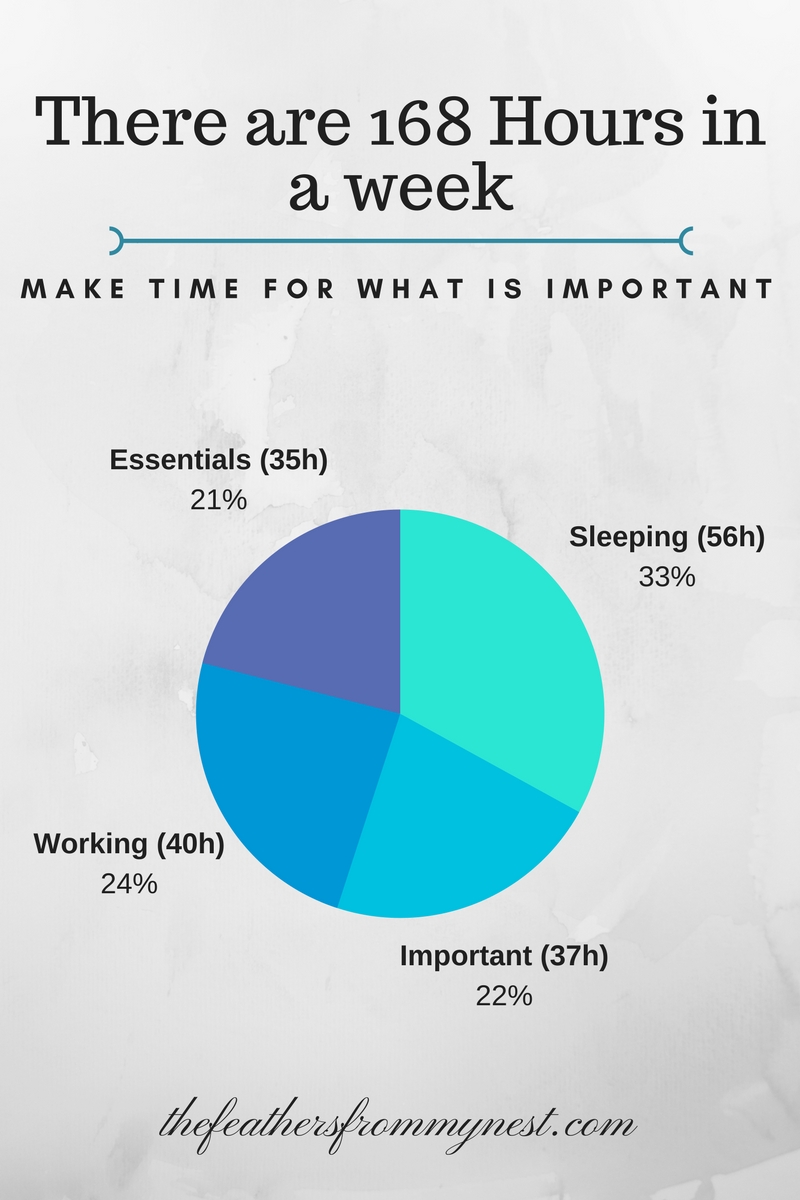168 Hours
Effective Strategies for Success
By Kathy Boyle

I’m so busy….
This is the most common phrase I hear from the many business owners with whom I speak on a regular basis. It is often stated as though no one else could possibly be as busy as they are or understand their duress and what is going on in their hectic lives.
We all have the same 168 hours in a week. How we choose to spend it is up to us. Whether your business is a start-up or a multi-million dollar enterprise, running a business takes a lot of time and effort. As the CEO, the buck stops with you. You are the ultimate decision maker and if business goes awry, you suffer the loss of everything you spent years building.
There never seem to be enough hours in any entrepreneur’s day. If you also have a family, balancing their needs with those of the business takes effort. The list of current issues to address as well as new products, strategies, services and other ideas you wish to implement to continue to grow never ends. While you may love what you do, you likely do not relish not having enough time, especially for personal activities.
I can do it faster…
Entrepreneurs can often be impatient. Since time is of the essence and faulty execution costs money, the temptation to execute tasks yourself is very high. Delegating to someone else means you have to allow the other person to learn how to execute and potentially make some mistakes.
If you have been running your business for a long time, you intuitively know how to handle so many situations. Intuition is based on experience which often took years to build. It can be frustrating to watch someone else grapple with a task you can do almost with your eyes closed.
However, the only way to truly grow an enterprise and also have balance in your life with time to pursue hobbies, health and family, is to delegate tasks. Finding competent employees is the first step in creating a path to delegation. Creating a manual or step by step set of guidelines and rules is also critical. These guidelines should also protect your employee from making catastrophic mistakes and you need to be patient and open to giving advice without judgement.
Make a list…
As Steven Covey illustrates in his 7 habits of highly effective people book, making a list of priorities is critical. He calls it putting “first things first” and he suggests prioritizing all of the many tasks in your daily life to A, B and C priorities. The temptation is to bang out the little things to get them done and off our list. But those are typically not life changing or critical to our success.
Making a list of priorities and tacking the most critical ones first is key. Sometimes we put off these big tasks as we know they are not easy to accomplish or may take more time than we feel we have to dedicate. Covey’s research and all his coursework proves out the fact that tackling the most important, “A-list” priorities first will move the needle.
His data also shows that 20 minutes of planning the day before can save hours of productivity. We all have peak time for our energy and efficiency. This may or may not coincide with business hours so you need to adjust and balance between the two. If your task involves clients or customers, you need to be executing during business owners. If it is a new operating manual or employee handbook and your peak productivity is in the evening, then you can match that item up with after-hours timing.
Delete Distractions…
Interruptions are distractions and even a simple 2-second comment from a team member or employee can cause us to lose our concentration. Research from the University of California Irvine shows that the time needed to get back to our prior immersion in whatever we were doing before being interrupted can be anywhere from 8 minutes for a mundane task to as much as 25 minutes for a complex issue. Limiting distractions and interruptions is of paramount importance.
Setting up a quiet time with your office door closed, your cell phone turned on silent or vibrate, email pop-ups disabled is a technique which will allow you to work with concentration and be highly productive. Training your employees to also respect one another’s quiet time and not stop by to chat, especially if you have an open architecture in your office should be part of the businesses’ culture.
Planning out your day with a calendar, blocking out unscheduled calls or visits, focusing on priorities first, time blocking for specific activities and batch answering emails are all techniques which can improve your efficiency. If you are simply not getting it all done, you need to review your lists, perhaps track your time management in 10 minute increments to see where your time is going.
A coach can also be a highly effective use of resources. Having someone who intimately gets to know you, your skills and areas where you could use improvement as well as your business culture, scale of current business and your goals can allow you to see the forest for the trees. Work on the business, not just in it!





Leave A Comment